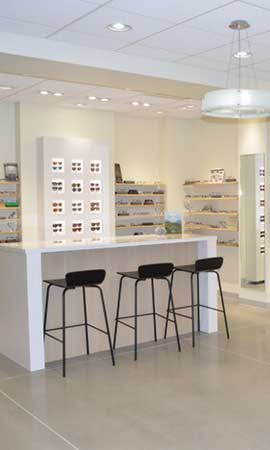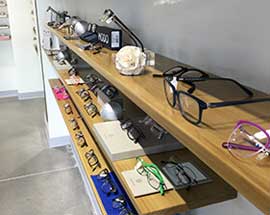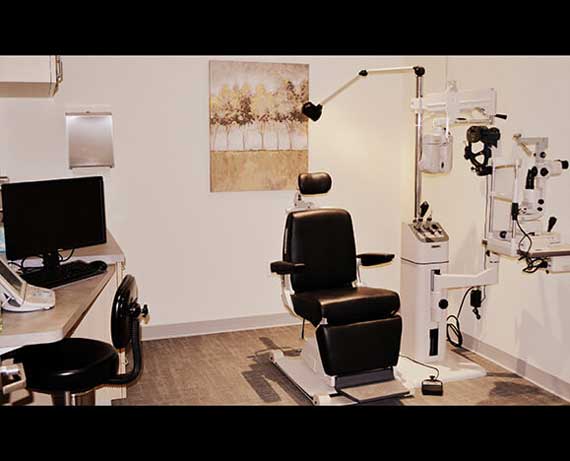Winter weather can be harsh on your eyes, but with the right preparations you can prevent discomfort and safeguard your visual health no matter the season. In this blog , local optometrist Six One Six Vision Center shares a closer look at winter factors that may affect your eyes and offers tips on how to protect yourself against them.

Factors That Affect Your Eyes in Winter
Humidity levels tend to be low during the winter season. This can lead to dry eyes and irritation, as well as other symptoms of dryness such as flaking skin and cracked lips.
Your eyes may also be more exposed to ultraviolet (UV) radiation during winter. Snow and ice-covered surfaces are reflective, which means you get double the dose of UV radiation when you go out. In addition to increasing the risk of skin problems, exposure to radiation may increase the risk of cataracts.
How to Take Care of Your Eyes in Winter
As your local eye doctor, we recommend taking the following steps to protect your eyes:
- Control Relative Indoor Humidity — Every homeowner should own a hygrometer, a device that measures humidity levels. During winter, your relative indoor humidity—or humidity level that’s relative to outdoor levels—should be at 40% to 50%. A humidifier/dehumidifier system that can be integrated with your HVAC system is the most effective solution.
- Hydrate Your Eyes — Hydrating eye drops and artificial tears can relieve dry eyes, and soothe itching, friction and irritation. Keeping yourself hydrated can also help minimize dryness.
- Wear Eye Protection — Protect your eyes from UV radiation when you go outside by wearing sunglasses rated for UV protection, whether you’re taking a quick trip for groceries or are going on a long walk.
- See an Eye Care Specialist — If you notice signs of eye problems, visit your local eye care specialist.
Six One Six Vision Center is your leading provider of eye care services. Give us a call at (208) 514-1858 or fill out our contact form. We serve customers in Boise and Eagle, ID.




